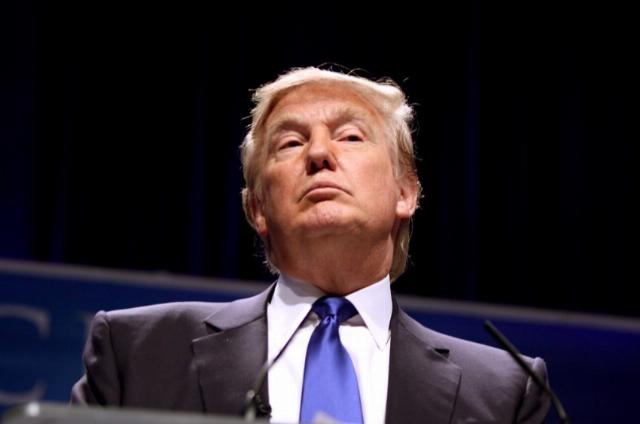A new era for foreign policy
“We are the friends of liberty everywhere, but the guarantor of only our own.”
—Thomas Jefferson
When I was in the Alaska Legislature back in the 1980s, we were all fat and happy. With oil over $100 a barrel, it was only with difficulty that we were able to spend all the money.
Then the price began to fall, and it finally collapsed in 1986 to $32 a barrel. The Alaska economy went into a mini-recession, the housing market nosedived, and cuts to the operating budget were needed. None of us could figure out what was going on. Only later, when the Soviet Union disintegrated, did it become plain what had happened.
In his first foreign policy initiative, in 1981, President Reagan proposed selling AWACS planes to Saudi Arabia. Israel, and the American Jewish community, were flabbergasted and outraged. With these planes, the Saudis would have early warning of any Israeli attack and could prepare to defend themselves. The Israeli air force owned the skies of the entire Middle East, and they wanted to keep it that way.
Reagan prevailed, and the Saudis owed us a big favor. Soon they began flooding the world oil market, ostensibly to discipline OPEC cheating. But they kept it up, year after year, until the market finally bottomed out in 1986.
It was no coincidence that it was in 1986 that the Soviet politburo decided they could no longer compete with us in the Cold War. Ninety percent of Soviet hard currency came from the sale of oil. No one in the world accepted payment in rubles, and hard currency was needed to have any participation in the world economy. You can’t play the superpower game if you don’t have any money. Reagan won the Cold War without firing a shot.
American economic power, when properly harnessed, can substitute for armed might. That’s how President Trump will end the Ukraine war. He can use carrots as well as sticks. He can threaten Putin with all-out economic warfare if Putin rejects a reasonable settlement with Ukraine. He can also offer economic assistance once a deal has been reached.
It is in our manifest geopolitical self-interest to divorce Russia from China. This justifies giving tax breaks to American companies that invest in Russia. With American help, Putin can lead Russia to a prosperity it has never known in its entire history. Russia was poor when he took power. He can leave it rich. That can be his legacy.
This will also inhibit Russia’s historic imperialistic impulses over the long haul. Why invade Poland when you have more money than the Poles do?
But what about the fact that Russia is and will continue to be a dictatorship? What about the Russian people? Shouldn’t they have a democratic form of government?
That’s up to them to figure out. We’re not going to guarantee anyone’s freedom but our own. That’s realpolitik, or rational self-interest. When we deviate from that, as in Vietnam and Iraq, it is both futile and costly in American lives and treasure.
That brings us to Iran, which has been caught red-handed attempting to assassinate our president. His entire family is in danger. This cannot be allowed to stand.
This doesn’t require an invasion, or any other military response. We can simply impose a total embargo on Iranian exports, by both land and sea. This will strangle their economy to such an extent that the Iranian people themselves will overthrow the despots who rule them.
A new era has begun, at home and around the world. God bless America.

Image: Gage Skidmore via Flickr, CC BY-SA 2.0.





